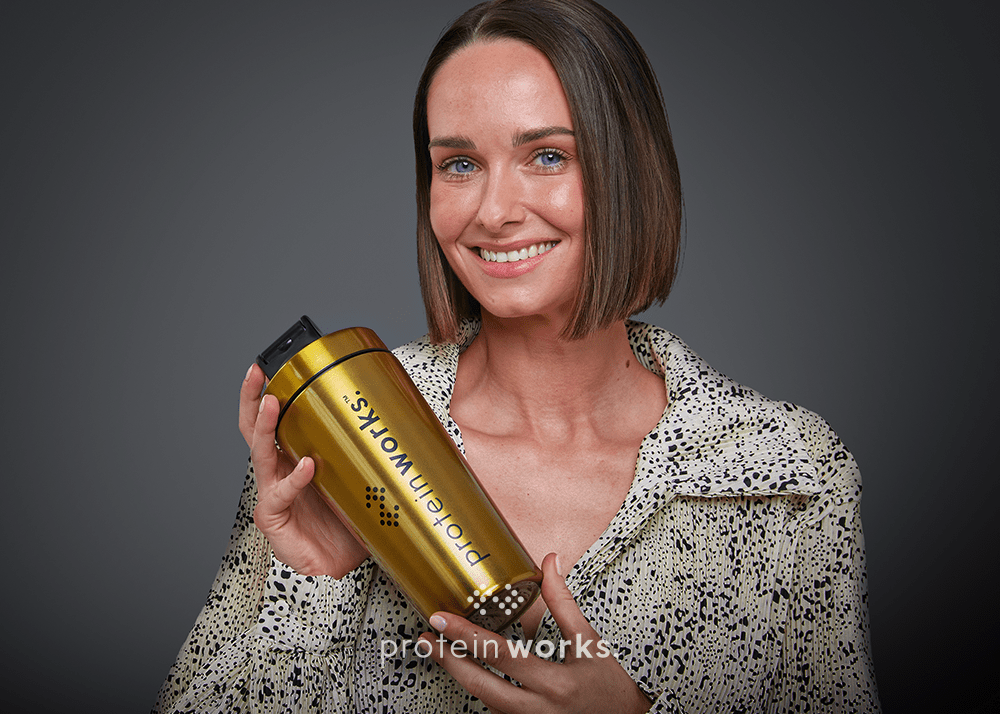Protein’s role in women’s health has often been overshadowed by its association with muscle building and bulking up, leading many women to neglect this essential nutrient. However, protein can be a valuable asset throughout a woman’s life, offering a range of benefits beyond just muscle growth. This blog will explore the diverse ways in which protein can support women’s health and well-being.
### Muscle Maintenance, not “Bulk”
One common misconception among women is the fear of developing excessive muscle mass with higher protein intake. However, building significant muscle mass requires specific resistance training and high testosterone levels, which women naturally have in lower amounts than men. Therefore, consuming protein alone is unlikely to result in substantial muscle growth but rather supports muscle maintenance, especially as women age and face hormonal changes.
### Weight Management
In addition to muscle maintenance, preserving lean muscle mass can support metabolism, as lean mass burns more energy at rest than fat mass. As women age, their metabolic rate naturally declines, making the preservation of lean muscle crucial for weight management, particularly during menopause. Protein also has a high thermic effect, requiring more energy to digest, which can aid in weight management by promoting satiety and preventing overeating.
### Hormonal Health
Protein plays a role in hormonal health by providing amino acids that serve as building blocks for certain hormones like Peptide YY, GLP-1, and CCK, which promote satiety and fullness. While the relationship between dietary protein and the hunger hormone Ghrelin remains unclear, protein’s slow digestion can help regulate appetite. Additionally, protein may support bone health by improving calcium absorption and retention, essential for women facing declining estrogen levels and the risk of osteoporosis.
### Recommended Protein Intakes
The recommended nutrient intake for protein in adults is 0.75g per kg of body weight per day to meet basic needs. However, women at different life stages or with specific dietary preferences may benefit from higher protein intakes. For post-menopausal women, a higher protein intake of 1.2 to 1.6g/kg/day may support muscle maintenance, while pregnant women and athletes may require additional protein for optimal health.
### Protein Source Considerations
While there is no evidence to suggest specific protein sources are more advantageous for women, soy and plant-based proteins offer unique benefits. Soy consumption has been linked to improved bone health and menopausal symptoms due to its isoflavones content. Plant proteins, while considered “incomplete,” contain all essential amino acids and can be combined throughout the day to meet requirements. Protein powders can be useful for individuals with higher protein needs, with options like soy protein or blends providing a complete amino acid profile.
In conclusion, protein is a crucial component of women’s health, offering benefits beyond muscle building. By prioritizing protein intake and considering individual needs and preferences, women can optimize their health and well-being at every stage of life. It’s important to consult with a healthcare professional for personalized advice on protein intake and dietary choices.


